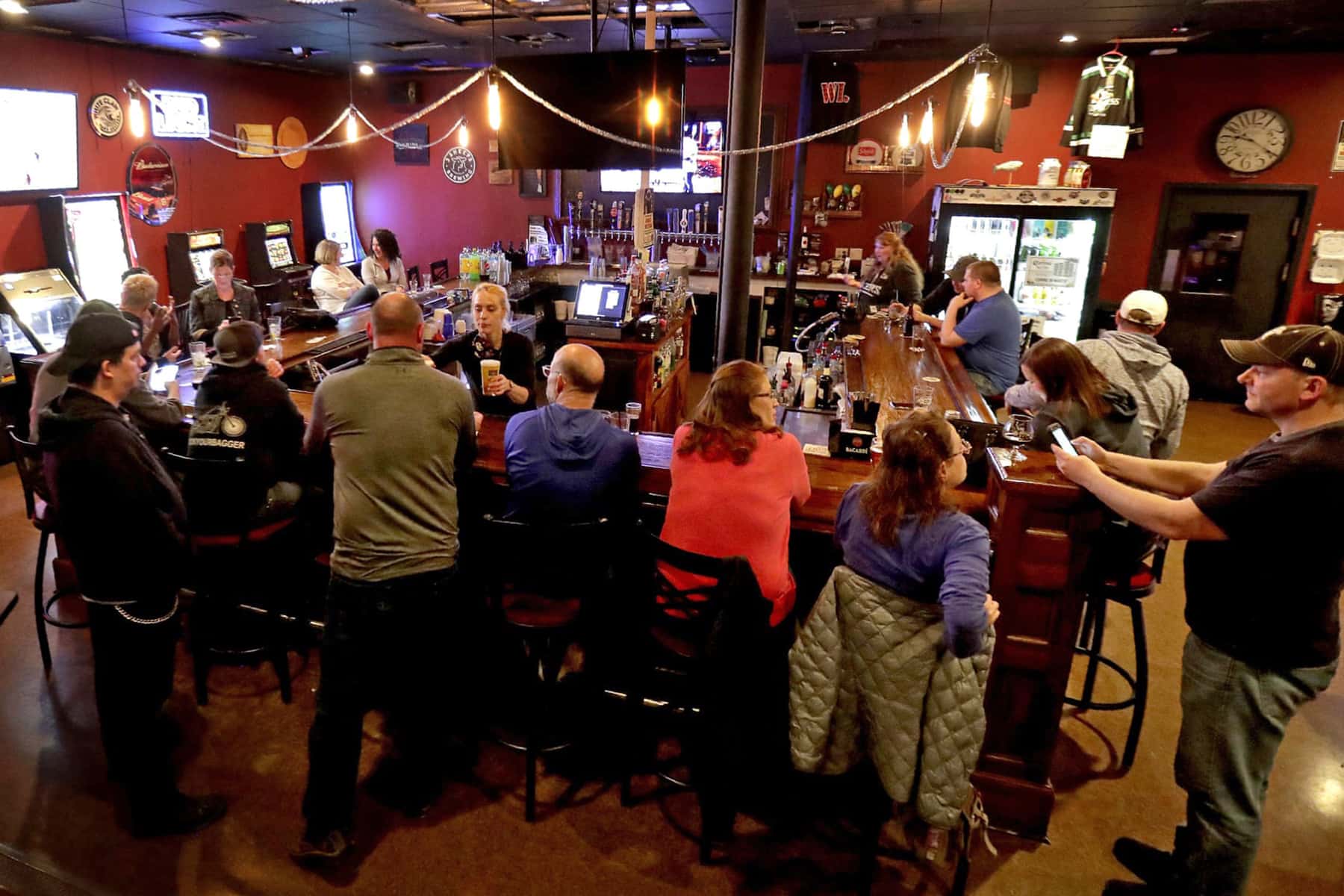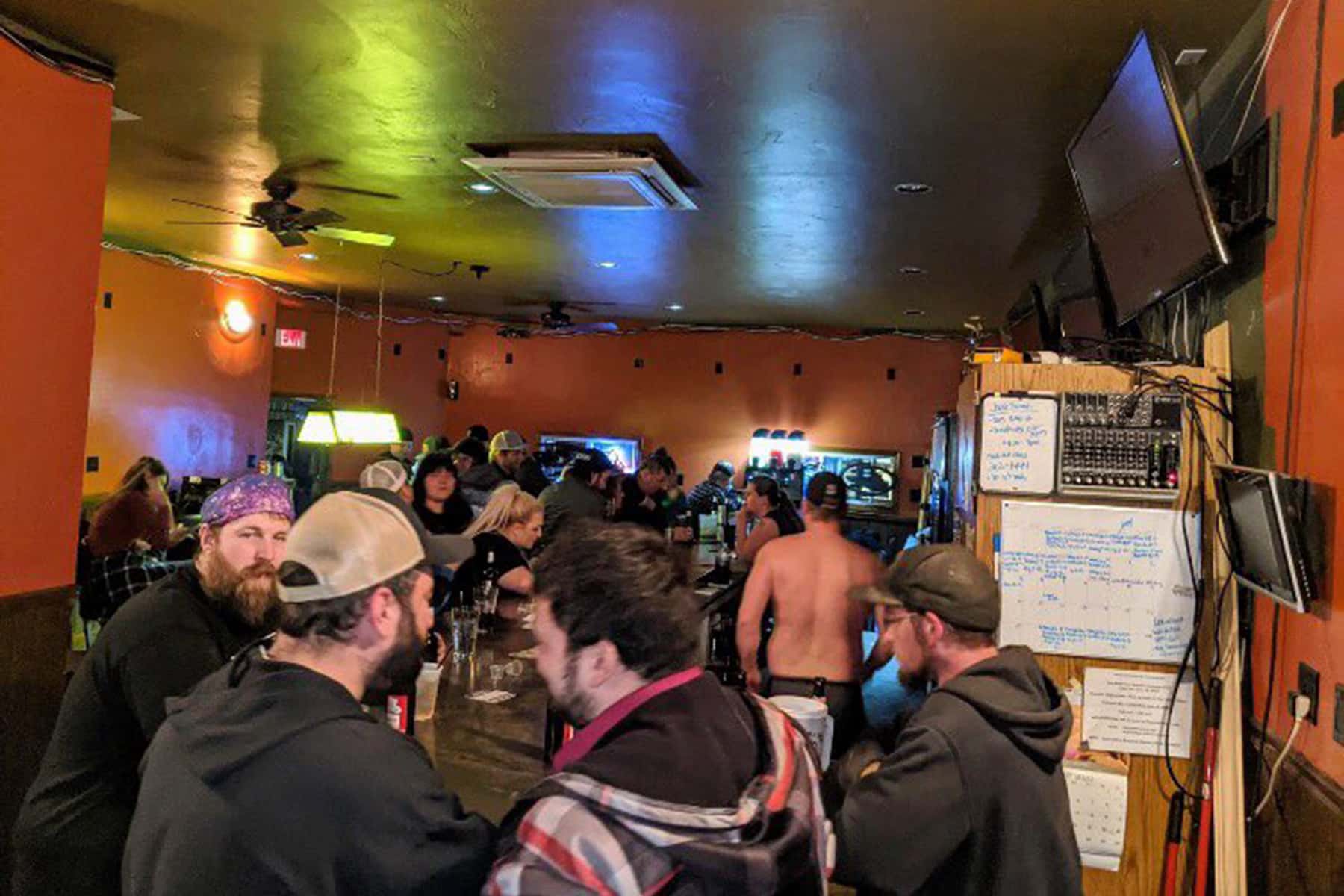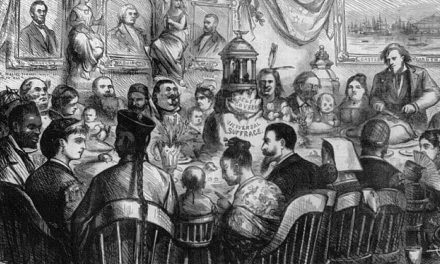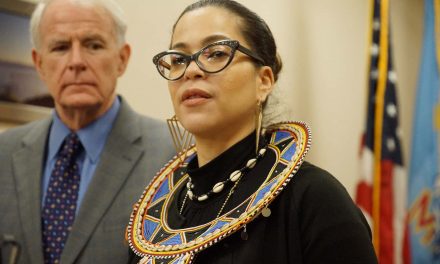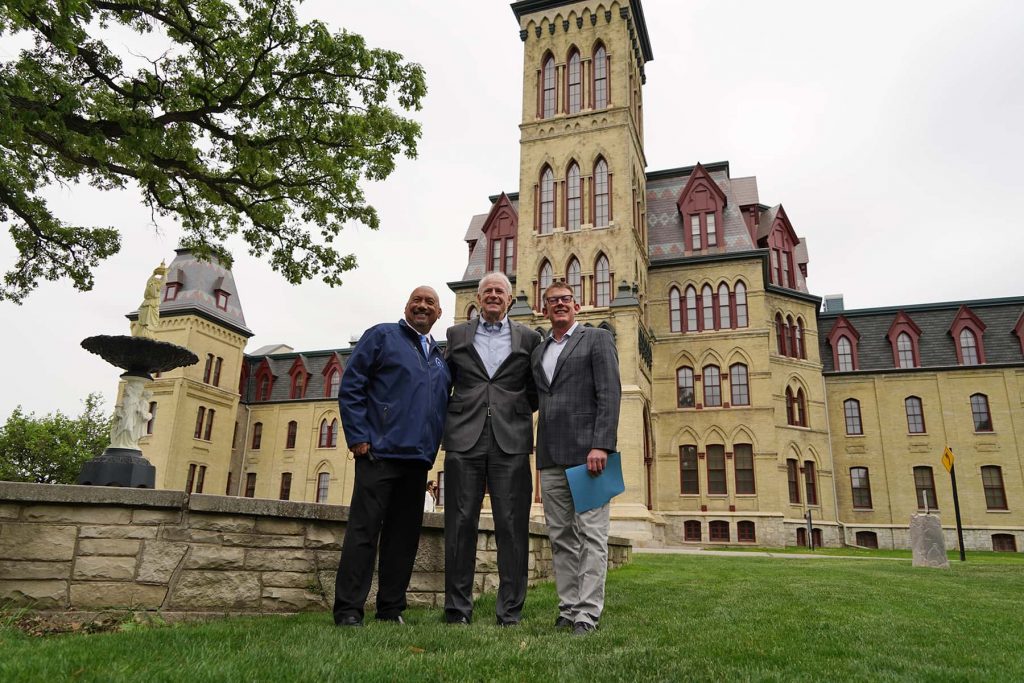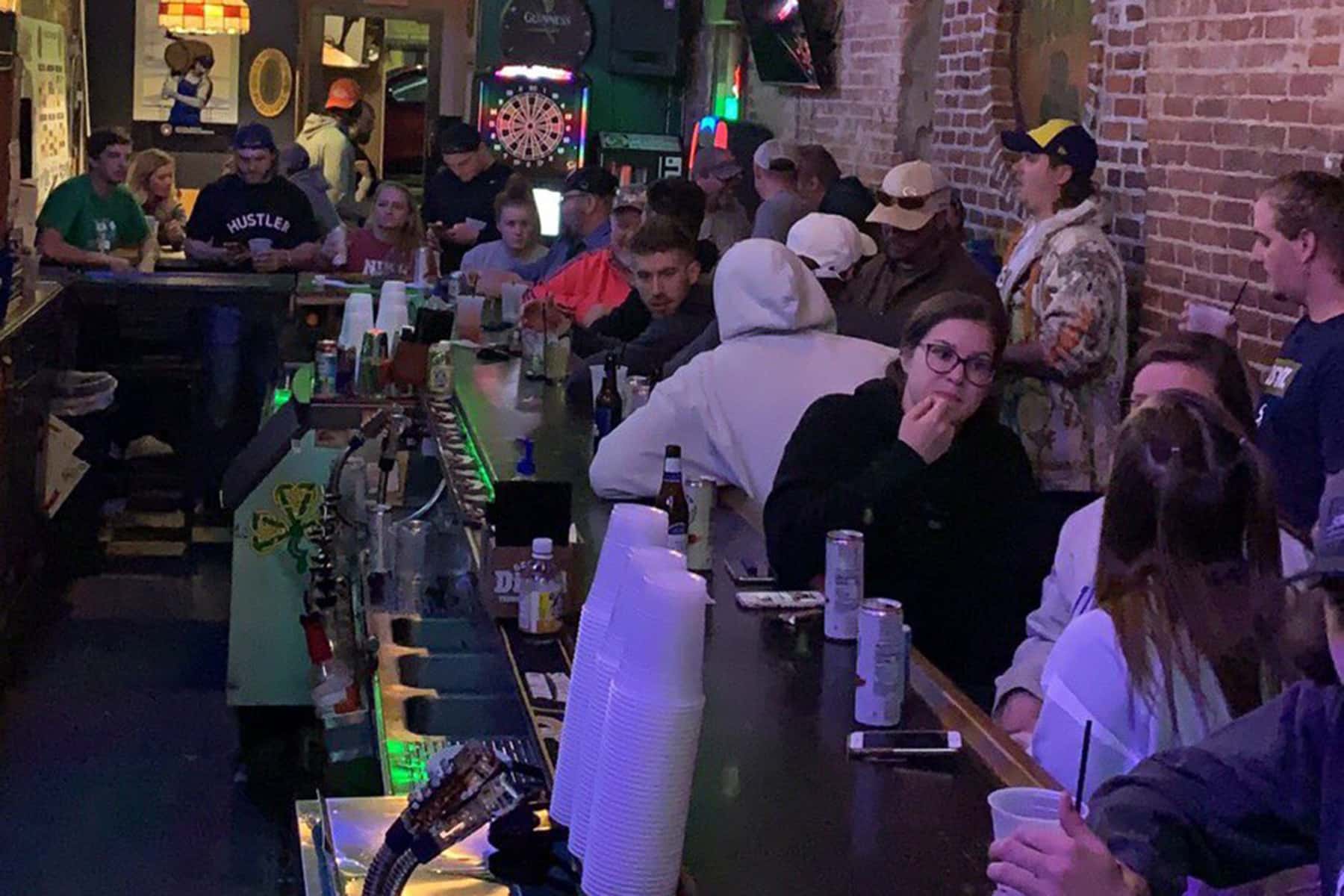
The legal authority to enforce Wisconsin’s “Safer at Home” order was ripped away by the 4-3 state Supreme Court ruling on May 13. On the following day, the Department of Health Services (DHS) and Governor Tony Evers vowed to press ahead with a voluntary approach to reopening the state’s economy while, seeking to curb the virus responsible for COVID-19.
“We cannot let the court’s ruling undo all the work we have done and all the sacrifices Wisconsinites have made over these past few months,” Evers said at a media briefing. “The Supreme Court may have changed the rules for how we operate, but it sure as heck didn’t change how the virus operates.”
Governor Evers and DHS Secretary-designee Andrea Palm urged Wisconsin residents to voluntarily observe the terms of the Safer at Home order, staying home as much as possible to avoid close contact with others and avoid contracting or spreading the virus. They also encouraged people to wear cloth masks in public.
“Now it is more important than ever to make sure we are focused on keeping everybody safe and especially that we consider those who are most exposed and vulnerable when we make decisions,” Governor Evers said.
Assembly Speaker Robin Vos (R-Rochester) and Senate Majority Leader Scott Fitzgerald (R-Juneau) said that Republicans had shifted their stance from favoring a negotiated plan to gradually open the state to simply letting local health departments set their own rules and policies to deal with COVID-19.
While the state is left with only a voluntary approach, however, “I think it’s going to be very difficult,” said Evers. “We saw it already last night when the Tavern League of Wisconsin urged its members to open back up and people flooded the bars across the state.”
His comment came in reference to photos that circulated on social media and in news accounts of crowded night spots around the state on the evening of May 13, hours after the court’s ruling was released.
“Clearly there wasn’t any physical distancing going on from what I saw in those pictures,” Governor Evers said. “If you’re not doing the basics, of course there’s going to be increased numbers [of infections]. There’s very few certainties in this world of COVID-19 but this one is certain. The more people you put in a small space, the greater the chances are that you’re going to get the disease. If businesses don’t create opportunities for people to be physically distant from each other, it’s going to be a problem.”
Business guidelines
A series of guidelines tailored to specific business categories and posted at the Wisconsin Economic Development Commission website remains available, and Evers urged business operators to implement them.
“Both customers and workers need to be confident in their safety, so we need everyone to be diligent in following best safety practices so we can continue to move our state forward while keeping our neighbors, families and communities safe and healthy,” Governor Evers said.
As of May 14, DHS reported that 11,275 people in Wisconsin have tested positive for the virus. A total of 17%, or 1,939 people, have been hospitalized, and 434 deaths have been reported. The number of new cases on Thursday jumped by 373, an increase of about 3.5%. To date there have been no outbreaks in Wisconsin veterans homes, a tribute to the good practices we have in place to control infections.
The state is also exploring strategies that would allow people to visit relatives in nursing homes, where visitations have been shut down to prevent the spread of virus. Nursing homes have been the sites of investigations, and DHS has set a goal of testing all residents and staff of long-term care facilities in the state by the end of May.
“This pandemic hasn’t gone away and the threat to frail, older adults remains real and potentially dangerous,” Governor Evers said.
Meanwhile, DHS will continue expanding testing for the virus and contact tracing to establish its transmission path.
“Yesterday’s ruling changes nothing about the science of this virus or the work we need to continue to do together to safely reopen Wisconsin,” said Secretary-designee Palm. “COVID-19 remains highly infectious,” she continued, and the state’s Badger Bounce Back plan’s gradual, three-phase reopening strategy was designed to “allow increasing amounts of interaction between and among Wisconsinites in a way that will help us manage the inevitable spread of the disease, reduce illnesses and death, and minimize the risk of a surge that would overwhelm our healthcare system.”
Testing and tracing
Secretary-designee Palm said continuing to expand testing capacity, and making sure anyone who needs a test gets one, is part of “the work we need to do to defeat this virus and to protect the health and safety of the people of this state.” Contact tracing also is part of the state’s agenda, and the state is continuing toward its goal of hiring 1,000 people to help local public health authorities by interviewing everyone who tests positive and everyone with whom they’ve been in contact.
DHS is maintaining its efforts as well to secure adequate personal protective equipment (PPE) for healthcare workers, although that “continues to be a struggle for us and states all across this country,” Secretary-designee Palm added.
Schools will remain closed for the rest of the year, while the governor’s office and staff from DHS and the Department of Public Instruction (DPI) discuss alternatives for resuming in the fall, Governor Evers said. What will happen to school-affiliated athletic events remains uncertain until athletic associations and school districts reach their own conclusions about whether to schedule them.
“It’s premature for us to say we don’t want people to go to a football game when we don’t know if a football game’s going to happen,” Governor Evers said.
The Capitol building will remain closed and state employees are being allowed to work at home as much as possible. In the meantime the state will rely on people’s voluntary adherence to staying close to home, to hold down the spread of the virus and to reduce the impact of a future resurgence.
“We hope they continue to do that,” the Governor added. “It’s been proven to work. We’ve saved lives, and I know people will continue to stay at home. They may leave more often now than before because there are more opportunities to interact, but we believe we can keep people safer at home.”
The continuing work of testing, tracing, and securing PPE will help Wisconsin if and when a second wave surge happens in the fall.
Erik Gunn
Originally published on the Wisconsin Examiner as Evers: Stay the course, but voluntarily
Donate: Wisconsin Examiner
Help spread Wisconsin news, relentless reporting, unheard voices, and untold stories. Make a difference with a tax-deductible contribution to the Wisconsin Examiner

